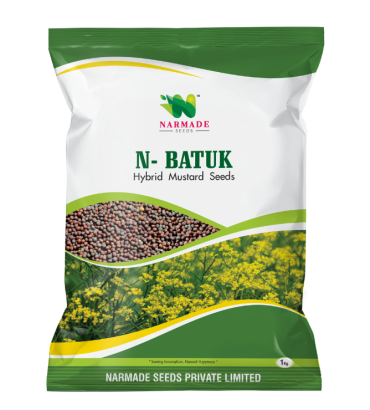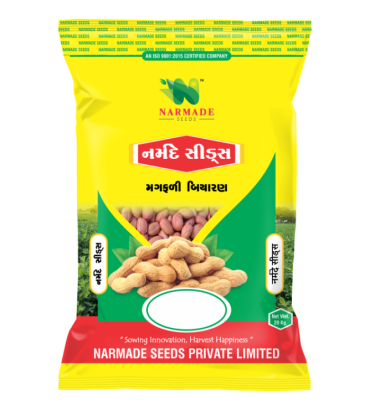Here are key points about hybrid castor seeds:
1. Hybridization Process:
- Hybrid castor seeds are created by intentionally cross-pollinating two different parent plants with desired traits.
- The aim is to combine the advantageous characteristics of each parent to produce a castor variety with improved features.
2. Improved Traits:
- Hybrid castor varieties are often developed to enhance traits like higher seed yield, increased oil content in seeds, and improved resistance to pests and diseases.
- These improvements are designed to address challenges faced by castor growers and enhance overall crop performance.
3. Increased Yield:
- One of the primary objectives of developing hybrid castor seeds is to achieve higher seed yields compared to traditional or non-hybrid varieties.
- Increased productivity contributes to economic benefits for farmers.
4. Disease Resistance:
- Hybrid castor varieties may possess enhanced resistance to specific diseases and pests, reducing the need for chemical pesticides.
- This can lead to more sustainable and environmentally friendly agricultural practices.
5. Adaptability:
- Hybrid castor seeds are often bred to be adaptable to a range of climatic conditions and soil types.
- This adaptability increases the potential geographic range for castor cultivation.
6. Agronomic Practices:
- Farmers cultivating hybrid castor seeds typically follow recommended agronomic practices, including proper planting techniques, irrigation, and fertilization.
7. Varietal Selection:
- Different agricultural regions may have specific hybrid castor varieties suited to their local conditions.
- Farmers may select hybrid seeds based on factors such as climate, soil type, and intended use (oil extraction or other industrial purposes).
8. Commercial Availability:
- Hybrid castor seeds are often commercially available through seed companies and agricultural suppliers.
- Farmers can purchase these seeds for cultivation in their fields.
9. Regulatory Approval:
- The development and release of hybrid castor varieties may be subject to regulatory approval in some regions to ensure safety and adherence to agricultural standards.







There are no reviews yet.